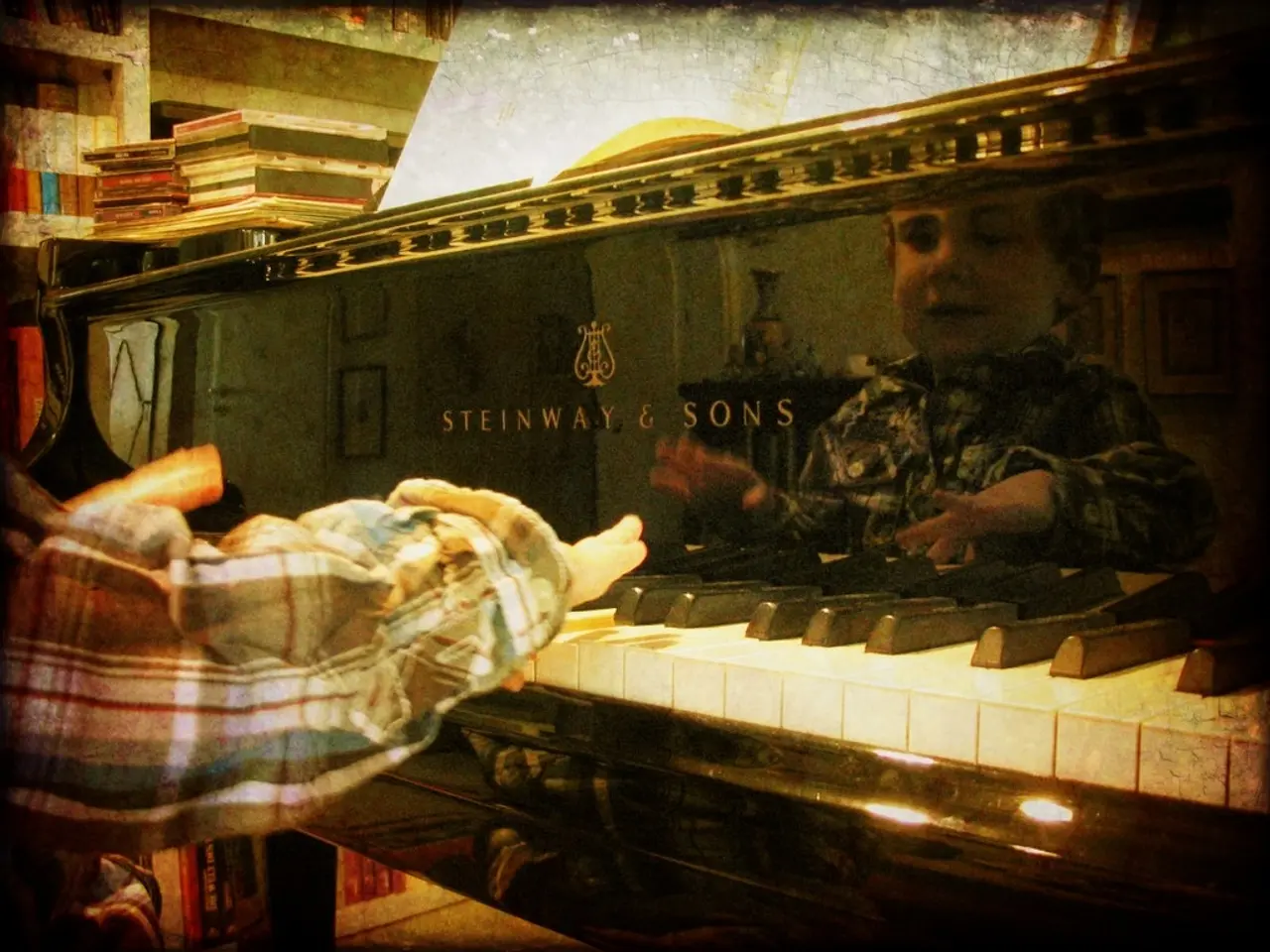The Impact of Music on Child Brain Development Enhancement
In the realm of childhood learning, music has emerged as a potent tool for fostering cognitive, social, and emotional growth. A wealth of research indicates that early music training offers significant long-term benefits across various aspects of a child's development.
**Cognitive Benefits:**
Music plays a crucial role in strengthening neural pathways that underpin essential skills such as memory, language, mathematics, and spatial reasoning. This enhanced brain activity leads to better academic performance and problem-solving skills. Fine motor skills are also honed through instrument handling and rhythm activities, promoting dexterity and physical coordination.
Moreover, music improves focus, pattern recognition, and auditory discrimination, which transfer to broader learning contexts, including literacy and second-language pronunciation.
**Social Benefits:**
Music fosters social skills and empathy by creating positive group experiences where children learn cooperation, turn-taking, and emotional sharing through musical interaction. Self-confidence and a sense of belonging are built as children achieve musical milestones and perform in supportive environments. Communication skills are also enhanced, often through call-and-response or group singing, which encourages social engagement and peer connection.
**Emotional Benefits:**
Music provides a safe creative outlet for emotional expression and regulation, helping children understand and manage their feelings in constructive ways. Emotional intelligence development is supported by engaging children in recognizing and responding to emotional cues in music and movement. Bonding and attachment are strengthened when parents or caregivers use singing and musical play, which also supports early socio-emotional milestones.
**The Foundation for Future Learning:**
Starting music education early lays a foundation for lasting brain growth and life skills, making future learning easier and more enriching. The combination of cognitive stimulation, emotional development, and social interaction through music uniquely supports holistic child development.
These conclusions are supported by studies indicating that early musical experiences enhance brain development and learning capacities, as well as emotional well-being and social competence. Music is a powerful tool for unlocking the full potential of young minds, not just about playing notes, but about cultivating the whole child.
From boosting cognitive skills and emotional intelligence to fostering social skills and self-confidence, music education offers a myriad of benefits for children's development. Whether it's classical music, pop, or any other genre, music's impact on brain development is undeniable and its potential for unlocking the full potential of young minds is immense.
- As the child matures, incorporating music into their lifestyle fosters continued growth, inviting opportunities for personal and social advancement.
- The development of communication skills extends beyond verbal communication, encompassing clear expression through singing and effective collaboration with peers.
- Social skills transcend musical interactions, aiding children in navigating the intricacies of social media and establishing connections within their peer groups.
- Emotional intelligence continues to evolve, enabling children to analyze and interpret the emotional depths of pop-culture content, fostering a deeper understanding of themselves and others.
- The foundation laid by early music education propels children into successful career development, be it in professional music, technology, or diverse industries demanding strong problem-solving skills.
- Lifestyle enhancements are evident, as music collectively enriches social experiences, while fashion-and-beauty industries leverage music trends to inspire new styles and wardrobe choices.
- The realm of food-and-drink is invigorated through sudden culinary preferences inspired by favorite songs or musical influences, fostering an appreciation for distinct flavors and cultures.
- Gadgets emerge as tools for music creation and exploration, fueling the near-inexhaustible innovation within the realms of technology and smartphones.
- In moments of respite, music provides an escape, transporting children to the worlds of sci-fi-and-fantasy, novels, or job-search pursuits within the education-and-self-development domain.
- Sports analysis is enriched by the rhythm and rhythmic patterns found in music, enhancing athletes' understanding of strategy and performance.
- Even the weather takes on a new dimension as children learn to associate certain songs with specific seasons or weather phenomena, expanding their awareness of the world around them.
- Lastly, the skills-training and learning potential of music seamlessly extends to sports, where children apply their improved focus, endurance, and coordination to excel at their chosen physical activities.




